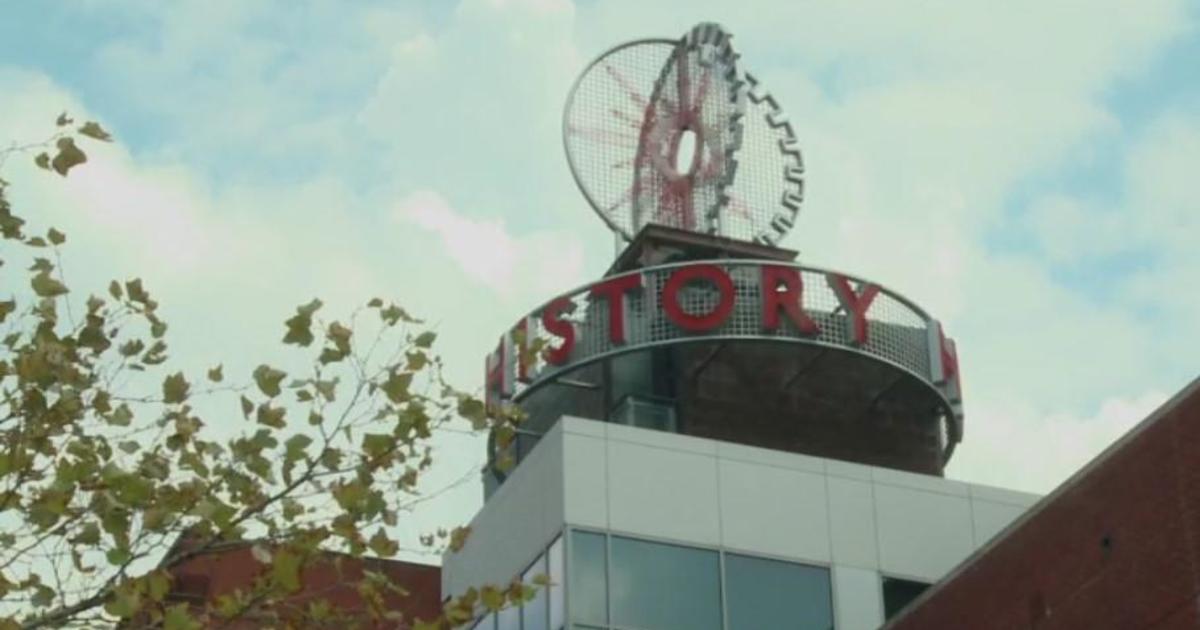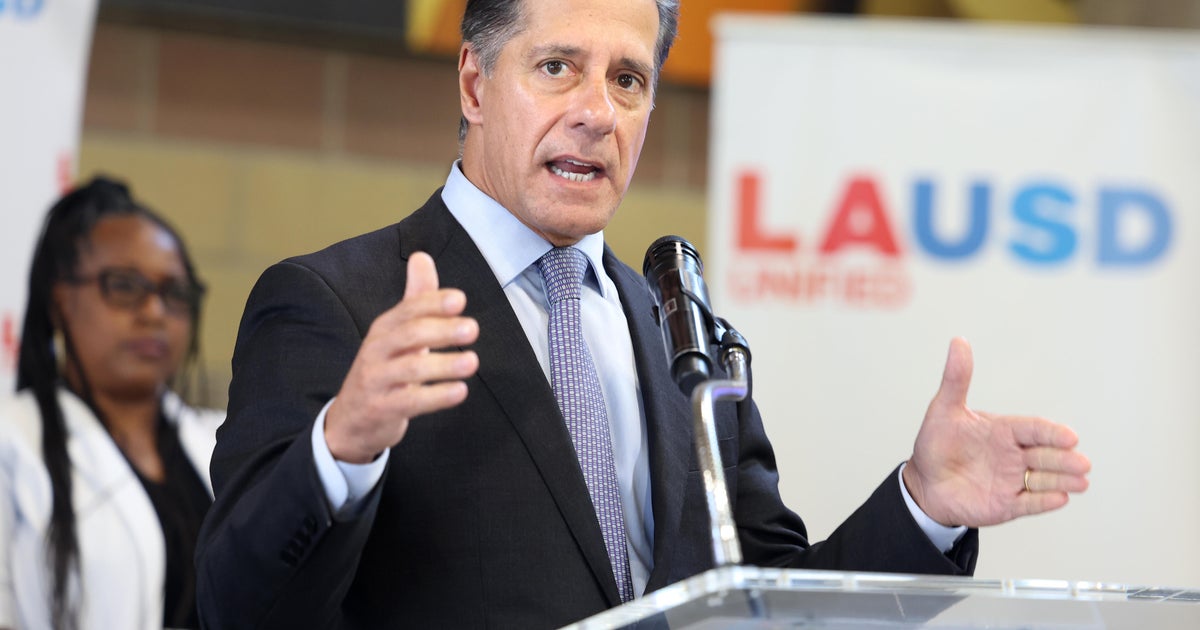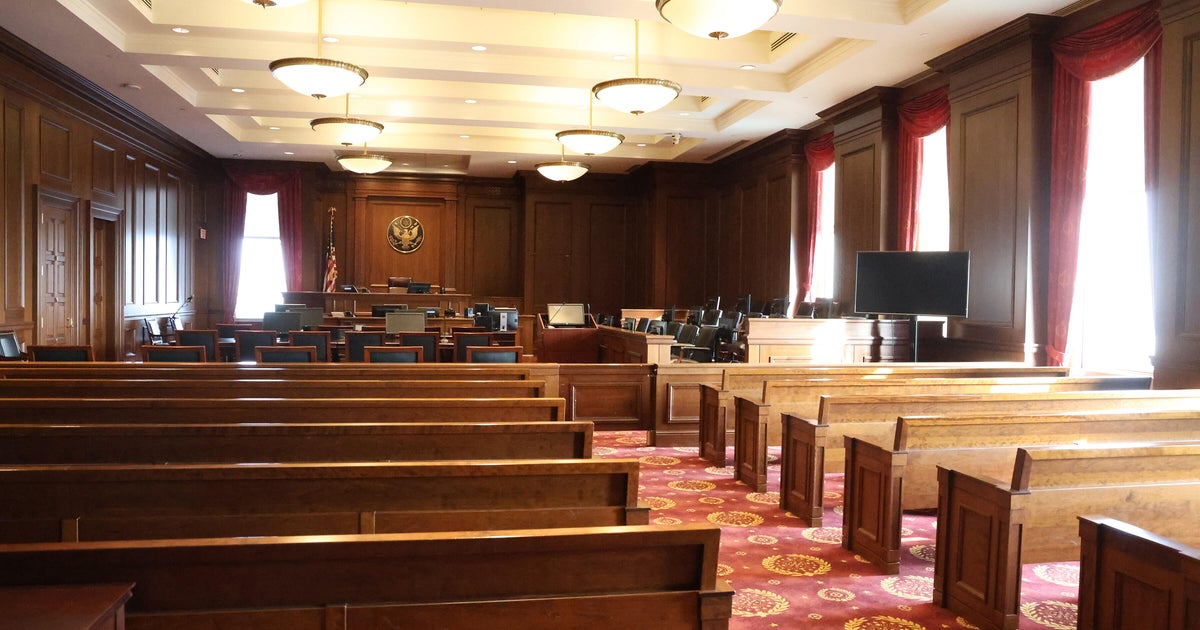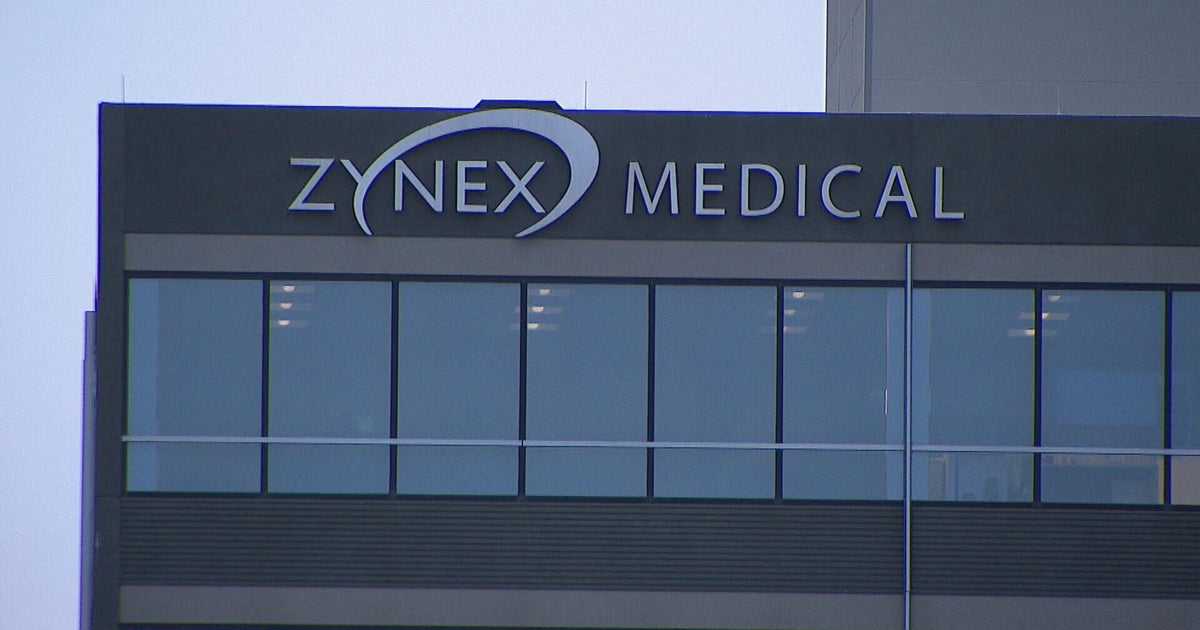Jobs Growth Anemic In May
MIAMI (CBSMiami) – As the 2012 election heats up, a dismal jobs report for May is showing that while corporations and CEO's are recovered from the Great Recession; the working class is far behind.
According to the Labor Department, only 69,000 new jobs were added in May. The unemployment rate stayed statistically unchanged at 8.2 percent, a 0.1 percent increase from April.
Going by strict economist researchers, June 2011 marks the three-year anniversary of the end of the Great Recession. However, 2012 has reflected an up-and-down job market that saw 275,000 jobs created in January and then falling to 69,000 in May.
Economists had expected a pullback in the jobs report and in gross domestic product. GDP was revised down to 1.9 percent in the first quarter from an original estimate of 2.2 percent. The average growth from 1947 to 2010 was roughly 3.3 percent.
Several influences are hampering job creation. All levels of government continue to shed jobs left and right, which accounts for roughly 1 percent of the unemployment rate. Additionally, the Euro zone is teetering on disaster in multiple countries, which is slowing down international business demand.
Still, while American workers are struggling, corporate America is enjoying record profits. According to CBSNews, company profits, after tax and unadjusted for inventories and capital consumption, increased at an annual rate of 11.7 percent from the fourth quarter of 2011 and were up 14.8 percent from one year ago.
Economists at Northeastern University discovered that from the second quarter of 2009 to the fourth quarter of 2010, "corporate profits captured 88 percent of the growth in real national income while aggregate wages and salaries accounted for only slightly more than 1 percent."
Things could get worse for the economy as well. Speaker of the House John Boehner has already started threatening to plunge country over the debt cliff again if his party's cuts aren't accepted to raise the national debt ceiling.
When Boehner made the statement, markets were rattled and fellow Republicans sought to walk back his statement perhaps giving a signal that they are not ready to have a repeat of last year's ugly debt ceiling debacle.
But beyond the debt ceiling increase that will be needed sometime near the end of the year; Congress has several crucial economic related votes to take. Congress must deal with the expiration of the Bush tax cuts, the sequester of defense and domestic cuts set to take place due to last year's debt ceiling failure, and other economic problems.







